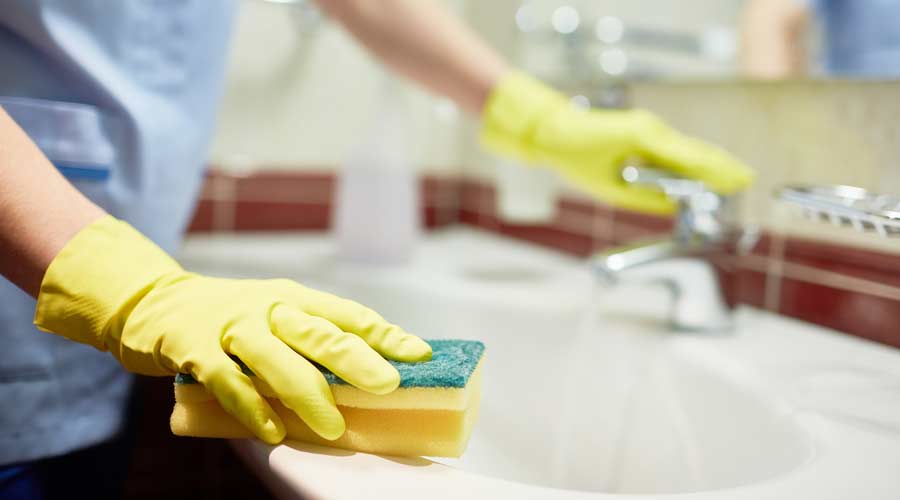
While many frontline workers in the housekeeping and hospitality industry have either lost hours or been laid off entirely as a result of the pandemic, recent legislation passed by the D.C. council serves as an encouraging example of employees getting the opportunity to return to work.
As reported by DCist, legislation centers on updated cleaning and maintenance standards for hotels — standards that hadn't been altered in over 65 years. The changes, which were passed via an 11-2 vote and will be made by D.C. mayor Muriel Bowser, will require hotels to provide additional everyday cleaning services. To accommodate these higher demands, the hiring (or re-hiring) of more staff is an inevitable expectation.
The two detractors to the decision on the council cited concerns over the hotels themselves not being able to reasonably accommodate more payroll and budgeting for additional cleaning tasks considering the economic turmoil of the past two years. Environmental concerns were also addressed as a counterargument. One council member rebuked the environmental claim saying that at the current (and less scheduled) frequency of room cleanings, more cleaning chemicals are required to compensate which wouldn't be the case with higher frequencies.
While daily room cleaning was essentially an automatic assumption prior to the pandemic, the return of patrons to the hotels after reopening lead to many hotels making it more of a choice, with managers noting they prioritize the preferences of their customers. Other, however, see it as a veil for trying to maximize profits by cutting down on housekeeping payroll and cleaning supplies.
From the perspective of one housekeeper who has experienced reduced hours, Amal Hilgue told DCist that the fewer opportunities to work affected not only her weekly income, but disqualified her for family health insurance. As a result, her husband is currently unprotected.
Once the legislation is put into action, a potential benefit for housekeeping staff is a less strenuous workload. Not only would daily cleanings provide a more consistent balance of tasks, but each room cleaning itself would be far less strenuous compared to when housekeepers only clean the rooms after checkout — when days of mess have accumulated. San Francisco has legislation in place that requires daily cleaning of hotel rooms unless the customer explicitly requests not to have it clean, which is something Washington D.C. could adopt as well.
Legislation such as this can be another step forward in improving job market prospects in the cleaning industry. A recent study from the American Cleaning Institute notes that the cleaning product manufacturing sector alone generates 700,000 jobs annually. Read more on the findings here.

 Celebrating BSCAI's 60th Anniversary eBook
Celebrating BSCAI's 60th Anniversary eBook The Down and Dirty on Cleaning in Virus Season
The Down and Dirty on Cleaning in Virus Season How Surfactant Use is Expanding in Commercial Cleaning
How Surfactant Use is Expanding in Commercial Cleaning